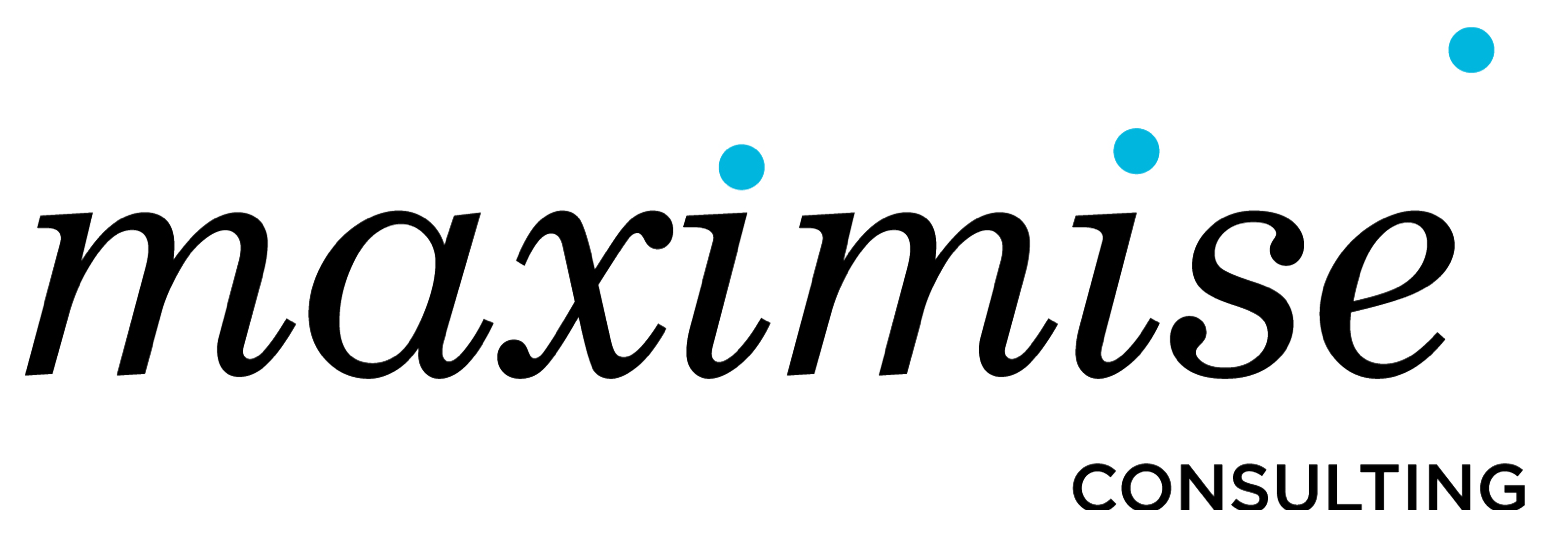Executive coaching
Executive coaching approach
Executive coaching entails a series of collaborative conversations that will help you discover fresh perspectives, validate and leverage your experience, and provide relevant tools to take action and achieve your defined objectives. As coaches we provide a confidential sounding board to help you step back, reflect, test your own assumptions, and identify practical approaches to progress your leadership journey with impact.
Uniquely, we balance the focus of coaching sessions on clarifying both the formal and informal dimensions of role effectiveness, including the creative use of organisational role analysis. We also help you develop self awareness, individual capability, personal reality and choice. We encourage appreciative, future-focussed, and strengths-based perspectives, with a bias for action and organisational impact.
Whilst our approach to the coaching relationship is far from prescriptive, key assumptions include:
The focus is on performance improvement and achievement of organisational outcomes that enhance the effectiveness of the individual and the organisation
Mutual concern for setting objectives and achieving outcomes
Mutually agreed time commitments, including frequency duration and location of meetings
The client being coached is accountable for their respective work efforts and outcome.
Contracting of the client’s overall coaching aims involves an initial joint meeting with the individual’s manager to ensure alignment and appropriate support for development.
All discussion content between coach and client is strictly confidential, unless agreed otherwise with the individual
Compliance with the International Coach Federations’ code of ethics (www.coachfederation.org).
Who does what?
The coach:
Helps the client define objectives and successfully navigate choices and action on mandated organisation-specific goals to achieve satisfactory outcomes for the individual and organisation
Brings direct experience of having worked in a wide number of industries, organisational settings and authority levels and aims to help the client access their own experience and know how, make effective decisions, involve relevant stakeholders, practise and develop relevant interpersonal skills, and take appropriate action
Takes a content-neutral stance to the client’s technical or function-specific concerns – instead working with the client to clarify and determine goals, insight, choices, and action
Provides a supportive structure in which to challenge, share observations and insight, and explore areas for action and attention throughout the course of the agreed coaching program.
The client:
Is encouraged to enhance and apply their own knowledge, understanding and personal insight to experiences as they unfold in doing the work of their assigned organisational task and role
Takes action – does the work, and schedules time for reflection with help from the coach
Draws upon the coach’s expertise and support, through a series of collaborative meetings.
What does a typical meeting involve?
The agenda for the initial Contracting Meeting with the client involves at a minimum:
Contracting terms of the coaching relationship and personal objectives
Developing a shared understanding of the nature and objectives of the client’s assigned work and any other relevant context, such as 360 degree or multi-rater feedback
Distinctions and agreement on roles of client, client’s manager, and coach
Understanding client’s capability and capacity to achieve personal objectives.
The agenda for subsequent coaching sessions with the client typically involves: agreeing session objectives, reviewing progress, discussing issues or challenges, and deciding plans and next steps. The “GROW Framework” (goals, reality, options, will/what next) is used to encourage a focus on goal setting, awareness, action, and achievement of agreed goals.
